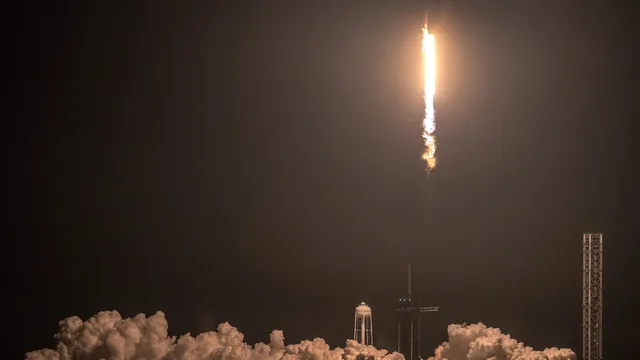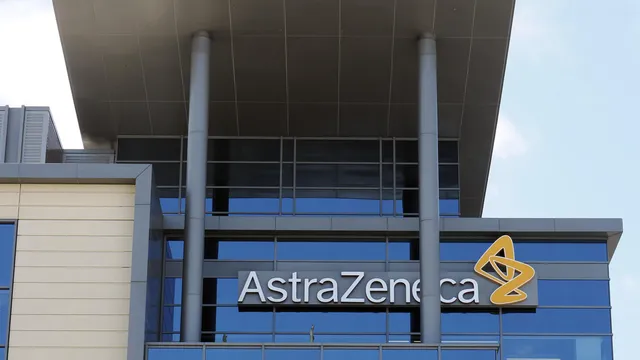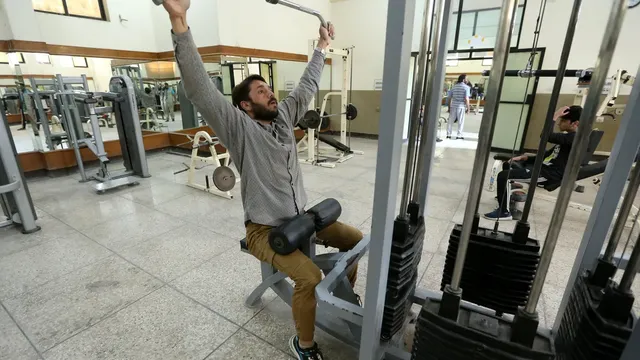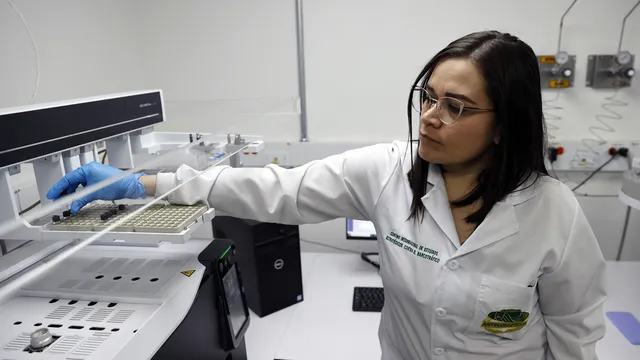Space travel may accelerate biological aging, according to a new study that tracked changes in human stem cells during four space missions, Euronews reported.
The NASA-backed study found that blood cells sent into space lose some of their ability to produce healthy new cells and begin to show genetic damage — signs of accelerated aging.
"Space is the ultimate stress test for the human body," said Dr. Catriona Jamison, one of the study's authors and director of the Sanford Stem Cell Institute at the University of California, San Diego.
Jamison's team used artificial intelligence (AI) imaging tools to track changes in cultured human cells sent on four SpaceX missions to the International Space Station (ISS). They used hematopoietic stem and progenitor cells (HSPCs), which are responsible for producing blood cells and are critical to health, including immune system function.
When these cells remained in space for between 32 and 45 days, they began to lose their ability to create healthy new cells. Signs of molecular wear and tear also appeared, such as DNA damage and telomere shortening.
"These findings are extremely important because they show that stressors in space—such as microgravity and cosmic radiation—can accelerate the molecular aging of blood stem cells," Jamison added.
Remarkably, when the cells returned to Earth and were placed in a healthier environment, some of the damage began to repair itself. This highlights the need for new measures to protect the health of astronauts on long-term space missions, the researchers say.
The team's next step is to check whether the same molecular changes are observed in real astronauts during space missions, with the aim of identifying medical or genetic means of protecting human health.
"Understanding these changes not only helps protect astronauts during long missions, but also allows us to model aging and diseases such as cancer here on Earth," Jamison said.
"This knowledge is essential as we enter a new era of commercial space travel and exploration in low Earth orbit," she added. | BGNES

 Breaking news
Breaking news
 Europe
Europe
 Bulgaria
Bulgaria







